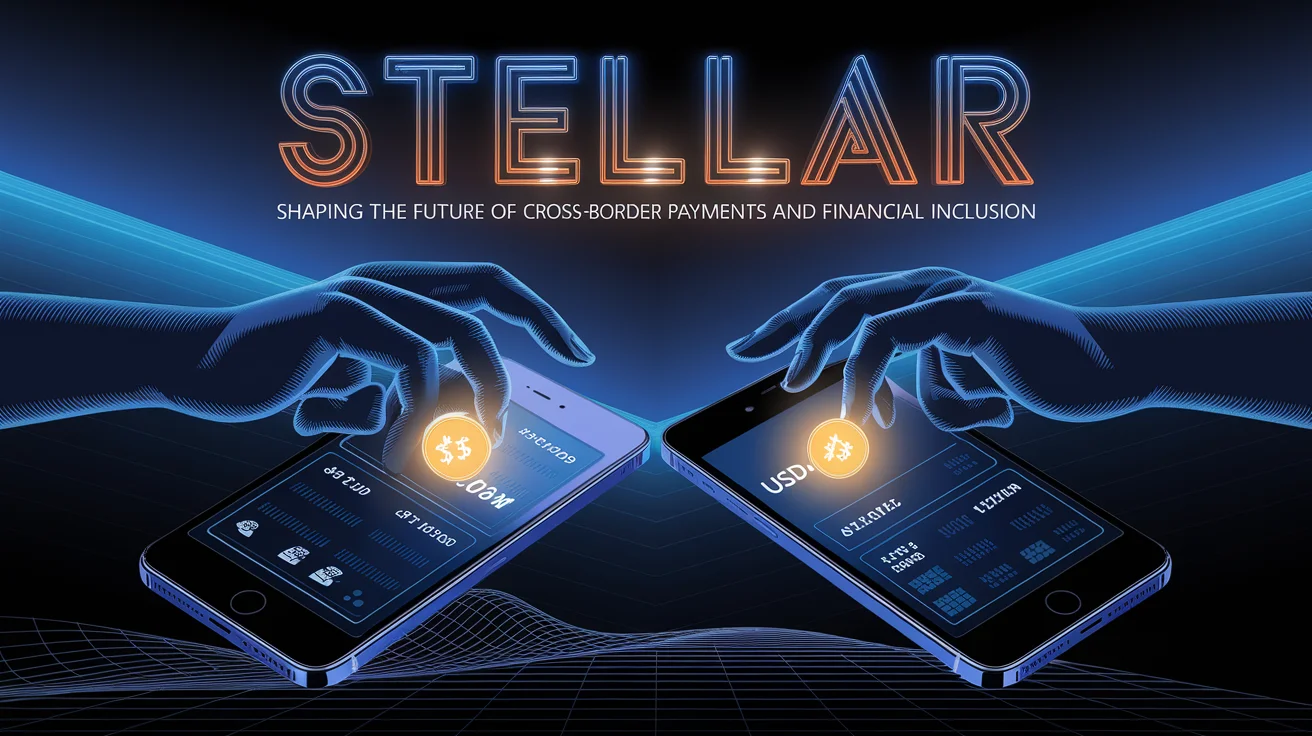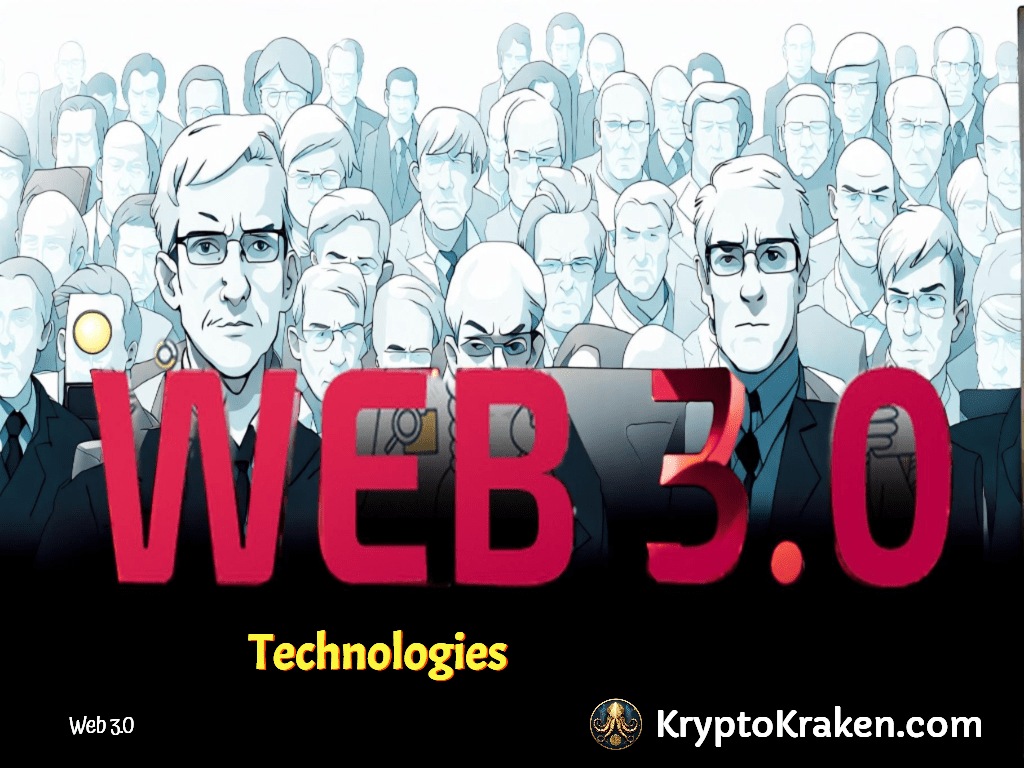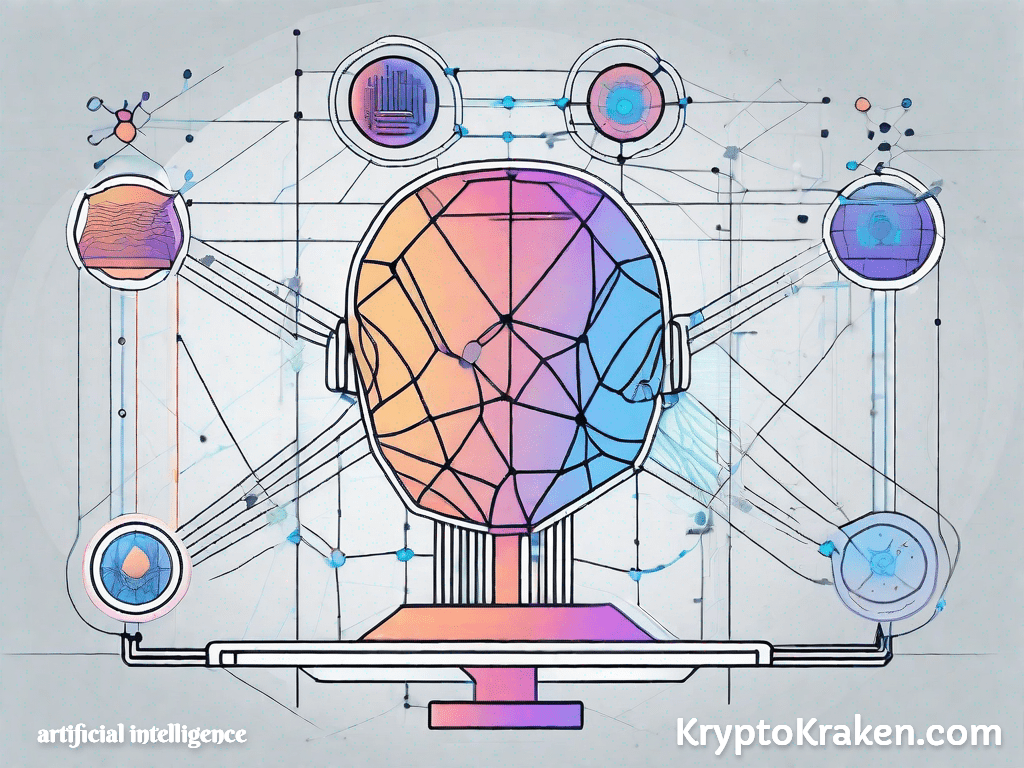
- August 24, 2023
- Dennis Frank
- 12
Table of Contents
Exploring the Potential of Blockchain Technology
Blockchain technology has been making waves in a variety of industries over the past few years. From finance to healthcare to supply chain management, it has increasingly gained attention as a potential solution to a wide range of problems. Understanding blockchain technology, its evolution, use cases, and advantages can help us better explore its potential as a transformative technology.
Understanding Blockchain Technology
What is Blockchain?
Before diving into the specifics of blockchain technology, it’s important to understand what it is. At its core, blockchain is a distributed ledger technology that allows data to be stored across a network of computers in a secure and decentralized manner. This means that no single entity has control over the data, making it more resistant to hacks and tampering.
Blockchain technology is often associated with cryptocurrencies like Bitcoin, but its applications go far beyond that. In fact, blockchain technology can be used to store any kind of data, from medical records to supply chain information.
How Does Blockchain Work?
Blockchains work by creating blocks of data that are linked together in a chain, hence the name “blockchain.” Each block contains a list of transactions, and once it is added to the chain, it cannot be altered or deleted. This ensures that the data is secure and tamper-proof.
One of the ways that blockchains ensure security is through the use of cryptographic algorithms. Each block in the chain contains a unique code, called a hash, that is generated based on the data in the block. If any of the data in the block is changed, the hash will be different, alerting the network to a potential breach.
Key Features of Blockchain Technology
One of the key features of blockchain technology is its decentralized nature. Unlike traditional databases, which are often controlled by a single entity, blockchains are distributed across a network of computers, making them more resilient to attacks and failures.
Another important feature of blockchain technology is its immutability. Once data is added to a blockchain, it cannot be changed or deleted. This makes it ideal for use cases where data integrity is critical, such as financial transactions or medical records.
Additionally, blockchains are transparent, meaning that anyone can view the data stored on the chain. This can be a valuable feature in industries like supply chain management, where transparency and accountability are essential.
Finally, blockchains are highly secure. Because the data is distributed across a network of computers, it is much more difficult for hackers to breach the system. Additionally, the use of cryptography ensures that the data is protected from tampering.
The Evolution of Blockchain
The concept of blockchain has come a long way since its inception. It has revolutionized the way we store and transfer data, and has the potential to transform various industries. Let’s take a closer look at the evolution of blockchain technology.
The Origins of Blockchain
The origins of blockchain can be traced back to a white paper published by an anonymous person or group of people under the pseudonym Satoshi Nakamoto in 2008. The paper outlined a peer-to-peer electronic cash system that used a blockchain to record transactions. The idea behind the blockchain was to create a decentralized system that could eliminate the need for intermediaries and provide greater security.
The first blockchain was implemented in 2009 as part of the Bitcoin cryptocurrency. It was designed to be a secure and transparent way to record transactions without the need for a central authority.
Major Milestones in Blockchain Development
Since the publication of the original white paper, blockchain technology has evolved significantly. Major milestones include the creation of the first blockchain-based cryptocurrency, Bitcoin, in 2009, and the subsequent development of hundreds of other cryptocurrencies and blockchain platforms.
The development of smart contracts was another major milestone in blockchain technology. Smart contracts are self-executing contracts with the terms of the agreement between buyer and seller being directly written into lines of code. They allow for secure and transparent transactions without the need for intermediaries.
Another significant development was the creation of permissioned blockchains, which are private blockchains that require permission to join. This has enabled businesses and organizations to use blockchain technology for their internal operations without having to worry about public access.
The Rise of Cryptocurrencies
One of the most well-known use cases for blockchain technology is cryptocurrency. Cryptocurrencies like Bitcoin and Ethereum use blockchain technology to enable secure and decentralized transactions without the need for intermediaries like banks or payment processors. Cryptocurrencies have gained popularity in recent years and have even been adopted by some businesses as a form of payment.
Blockchain technology has also been used in other industries such as healthcare, supply chain management, and real estate. It has the potential to transform these industries by providing greater transparency, security, and efficiency.
In conclusion, the evolution of blockchain technology has been a fascinating journey. From its humble beginnings as a white paper, it has grown into a revolutionary technology with the potential to transform various industries. As blockchain technology continues to evolve, it will be exciting to see how it will be used in the future.

Blockchain Use Cases
Blockchain technology has been gaining popularity in recent years due to its potential to revolutionize various industries. Here are a few examples of how blockchain technology can be utilized in different sectors:
Financial Services and Banking
The financial services and banking industry is one of the most promising areas for blockchain technology. With the help of blockchain, financial transactions can be processed faster, more securely, and at a lower cost. For instance, cross-border payments can be completed within seconds rather than days, and with fewer intermediaries. Blockchain technology can also enable securities trading, lending, and insurance to be conducted with greater efficiency and transparency.
Blockchain technology can help reduce the risk of fraud and increase trust in financial services. It can provide a tamper-proof record of transactions, making it easier to detect and prevent fraudulent activities. Furthermore, blockchain technology can also enable financial services to reach the unbanked population, providing them with access to financial services that they might not have had before.
Supply Chain Management
Another potential use case for blockchain technology is in supply chain management. By using a blockchain to track products from the manufacturer to the end consumer, companies can increase transparency and reduce the risk of fraud or counterfeit goods.
With blockchain technology, every participant in the supply chain can have access to the same information, making it easier to track the movement of goods and ensure that they are authentic. This can help reduce the risk of counterfeit products entering the market, which can be harmful to consumers and damaging to the reputation of the brand.
Healthcare
Blockchain technology could also have a significant impact on the healthcare industry. By securely storing and sharing patient data, healthcare providers can improve patient outcomes and reduce costs.
Blockchain technology can enable healthcare providers to access a patient’s complete medical history, including information from different healthcare providers. This can help healthcare providers to make better-informed decisions about a patient’s treatment, leading to better patient outcomes.
Furthermore, blockchain technology can help reduce administrative costs and streamline processes in the healthcare industry. By eliminating the need for intermediaries, such as insurance companies, blockchain technology can help reduce the cost of healthcare services.
Real Estate
Real estate is another industry that could benefit from blockchain technology. By using a blockchain to store and manage property records, real estate transactions could be completed more quickly, securely, and with fewer intermediaries.
With blockchain technology, property records can be stored in a tamper-proof and transparent manner, making it easier to verify ownership and transfer property rights. This can help reduce the risk of fraud and increase trust in the real estate industry.
Voting and Governance
Blockchain technology also has the potential to improve the security and integrity of voting and governance systems. By using a blockchain to store voting data, governments can reduce the risk of fraud and increase transparency.
With blockchain technology, every vote can be recorded in a tamper-proof and transparent manner, making it easier to detect and prevent fraudulent activities. This can help increase trust in the voting process and improve the legitimacy of the government.
In conclusion, blockchain technology has the potential to revolutionize various industries by enabling faster, more secure, and lower-cost transactions, increasing transparency, reducing the risk of fraud, and improving trust. As the technology continues to evolve, we can expect to see more use cases emerge in the future.
Advantages of Blockchain Technology
Enhanced Security
One of the most significant advantages of blockchain technology is its enhanced security. By using a decentralized network and advanced cryptographic algorithms, blockchains are extremely resistant to hacks and tampering.
Increased Transparency
Blockchains also offer increased transparency, as all transactions are recorded on a public ledger that can be verified by anyone on the network. This can increase trust and accountability in industries where transparency is critical.
Improved Efficiency
By removing intermediaries and enabling faster, more secure transactions, blockchain technology can improve efficiency and reduce costs.
Reduced Costs
Finally, blockchain technology has the potential to significantly reduce costs in a variety of industries. By cutting out intermediaries and streamlining processes, companies can save money and pass those savings on to consumers.
Conclusion
Blockchain technology has the potential to transform a wide range of industries, from finance to healthcare to voting and governance. By enabling secure and decentralized transactions, increasing transparency, and improving efficiency, it could usher in a new era of innovation and growth. As the technology continues to evolve, it will be fascinating to see how it continues to shape the world around us.















































































































12 comments on “Exploring the Potential of Blockchain Technology”